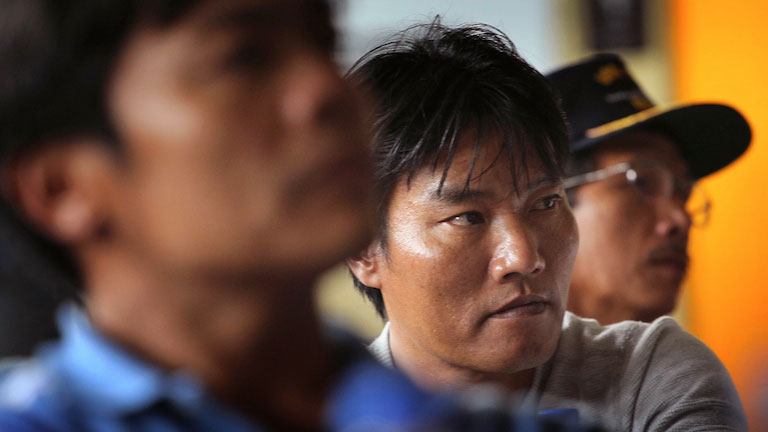Vulnerable Populations

The broad community impacts suggest the need to monitor and respond to longer-term effects as warranted, and to pay special attention to especially vulnerable populations along the Gulf coast, including children, minority fishing communities, and Indian tribes.
Children are particularly vulnerable to disruption in social, familial, and community stability as a result of disaster. In a survey of more than 1,200 adults living within 10 miles of the coast, parents from Louisiana and Mississippi reported that more than one-third of their children were suffering mental or physical health effects as a result of the oil spill. The most significant health impact was reported among families earning less than $25,000 annually.
Another sensitive community is the 40,000 Southeast Asian immigrants who live along the Gulf coast (primarily Vietnamese, but also Laotians and Cambodians, many of them refugees from the decades-long wars in that region),one-fifth of who are fishermen. Many of these fishermen speak little or no English, making their access to services (such as the Gulf Coast Claims Facility) especially challenging and posing difficulties in finding work outside the fishing industry.
Just as they began to recover from four hurricanes in three years, many members of Gulf coastal tribal communities for whom fishing is a lifestyle and a livelihood, suffered directly from the oil spill and face a difficult future. According to Brenda Robichaux, former principal Chief of the United Houma Nation, tribal communities on the coast are paying “the ultimate price” for both the mismanagement of the Mississippi River Delta over the past half-century as well as the development of the offshore oil industry.
